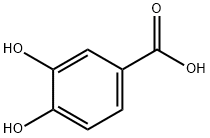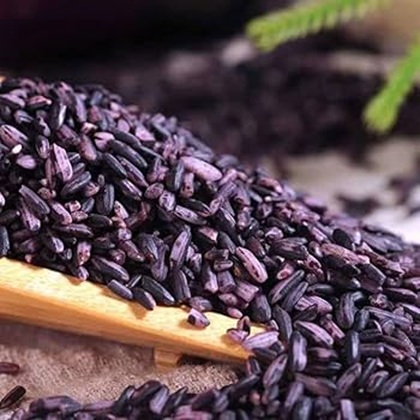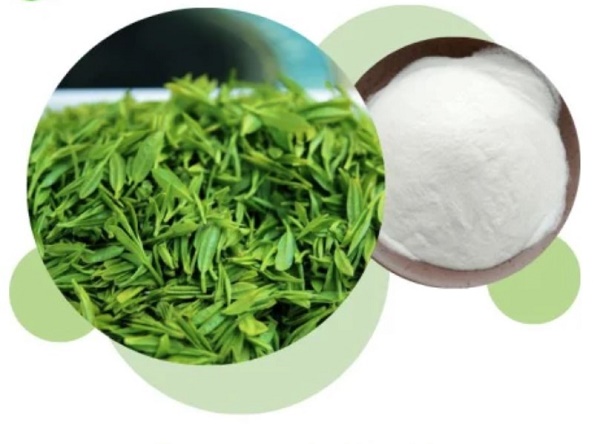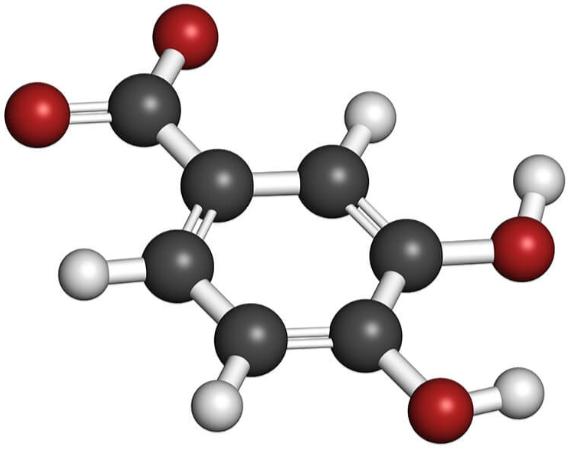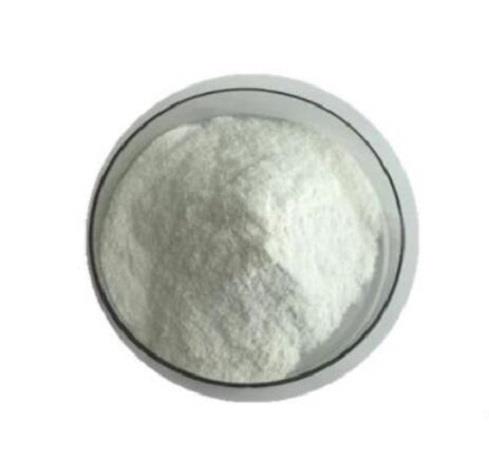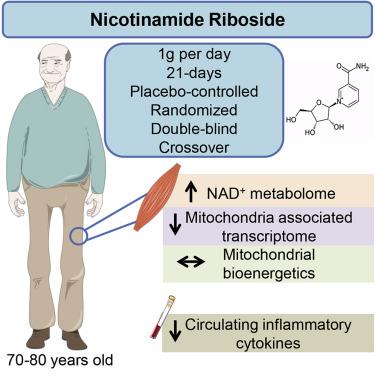What is Protocatechuic acid?
Protocatechuic acid (PCA, 3,4-dihydroxybenzoic acid) is a phenolic compound found in many food plants such as Olea europaea (olives), Hibiscus sabdariffa (roselle), Eucommia ulmoides (du-zhong), Citrus microcarpa Bunge (calamondin), and Vitis vinifera (white wine grapes). PCA content varies considerably depending on the type of food. Protocatechuic acid (PCA) is a type of widely distributed naturally occurring phenolic acid. PCA has structural similarity with gallic acid, caffeic acid, vanillic acid, and syringic acid which are well-known antioxidant compounds.
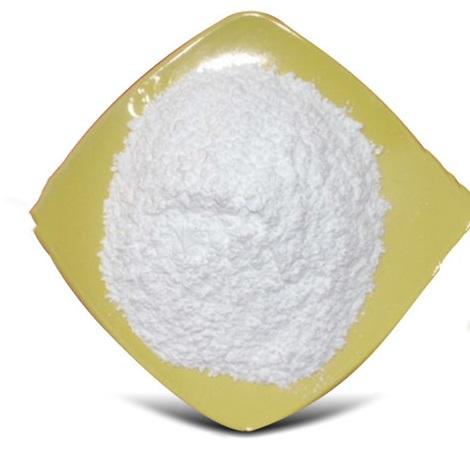
Antibacterial
Protocatechuic acid has inhibitory effects on white and Staphylococcus aureus, Streptococcus pneumoniae, Streptococcus A, Haemophilus influenzae, Pseudomonas aeruginosa, Escherichia coli, and Proteus. Staphylococcus aureus infection in mice reduced mortality by 30%.
Effects on the cardiovascular system
1. Effects of protocatechuic acid (1) on coronary blood vessels and myocardial oxygen consumption
Protocatechuic acid and protocatechuic aldehyde were mixed with 10mg/kg each, and the effect of increasing coronary sinus flow was weaker than that of protocatechuic acid alone, and the time was shorter. However, it is superior to protocatechuic aldehyde alone in reducing arterial and venous oxygen difference and reducing myocardial oxygen consumption. After intravenous injection of the mixture, blood pressure first decreased briefly, then increased weakly and persistently, and the blood flow of the pancreas, portal vein and lung increased, and the heart rate increased; the blood flow of the hepatic artery and renal artery decreased.
2. The effect on myocardial hypoxia tolerance
The hypoxia tolerance of rat myocardium was directly measured by the rat cardiopulmonary perfusion hypoxia test. It was observed that after intravenous injection of protocatechuic acid 10 mg, the myocardial hypoxia tolerance time was significantly prolonged, but its prolonged myocardial hypoxia tolerance was longer than that of acetaminophen. Amine coumarin is slightly inferior. 3 minutes after administration, cardiac output increased by 10%. It can be seen that protocatechuic acid can significantly prolong the time of myocardial hypoxia tolerance and reduce the decrease in blood pressure caused by hypoxia while slightly improving cardiac function. Slow down the heart rate, which is beneficial to prolong the time of myocardial hypoxia tolerance. The normal pressure hypoxia tolerance experiment proved that protocatechuic acid could prolong the survival time of mice (maintain more than one and a half hours), and the effect was similar to that of dipyridamole at the same dose.
3. Effects on the heart and peripheral blood vessels
After intravenous injection of protocatechuic acid, the coronary resistance gradually decreased, which lasted for about 30 minutes, and returned to the original level after about 1 hour. During this period, the systemic blood pressure increased slightly. Protocatechuic acid has vasodilatory effects on the hindlimbs of cats but no significant changes in dogs. The mixture of protocatechuic acid and protocatechualdehyde showed a slow and mild vasopressor effect, which could dilate the blood vessels of the lower extremities of animals, but the spleen vascular reaction was mild, which could indicate the relationship between the vasopressor effect and the changes of peripheral and some visceral blood vessels. It is not large, so it has nothing to do with α-receptor excitation.
expectorant effect
Mice were given 4.68mg/mice of protocatechuic acid, which showed expectorant effect.
Asthma
The guinea pig histamine spray-induced asthma test proved that protocatechuic acid has obvious anti-asthmatic effect.
Detoxification of snake venom
Protocatechuic acid has obvious protective effect on rat cobra poisoning.
You may like
Related articles And Qustion
See also
Lastest Price from Protocatechuic acid manufacturers

US $0.00/KG2025-04-21
- CAS:
- 99-50-3
- Min. Order:
- 1KG
- Purity:
- 99.0%
- Supply Ability:
- 500kg/month

US $0.00/Kg/Drum2025-04-21
- CAS:
- 99-50-3
- Min. Order:
- 1KG
- Purity:
- 99%
- Supply Ability:
- 200mt/year
